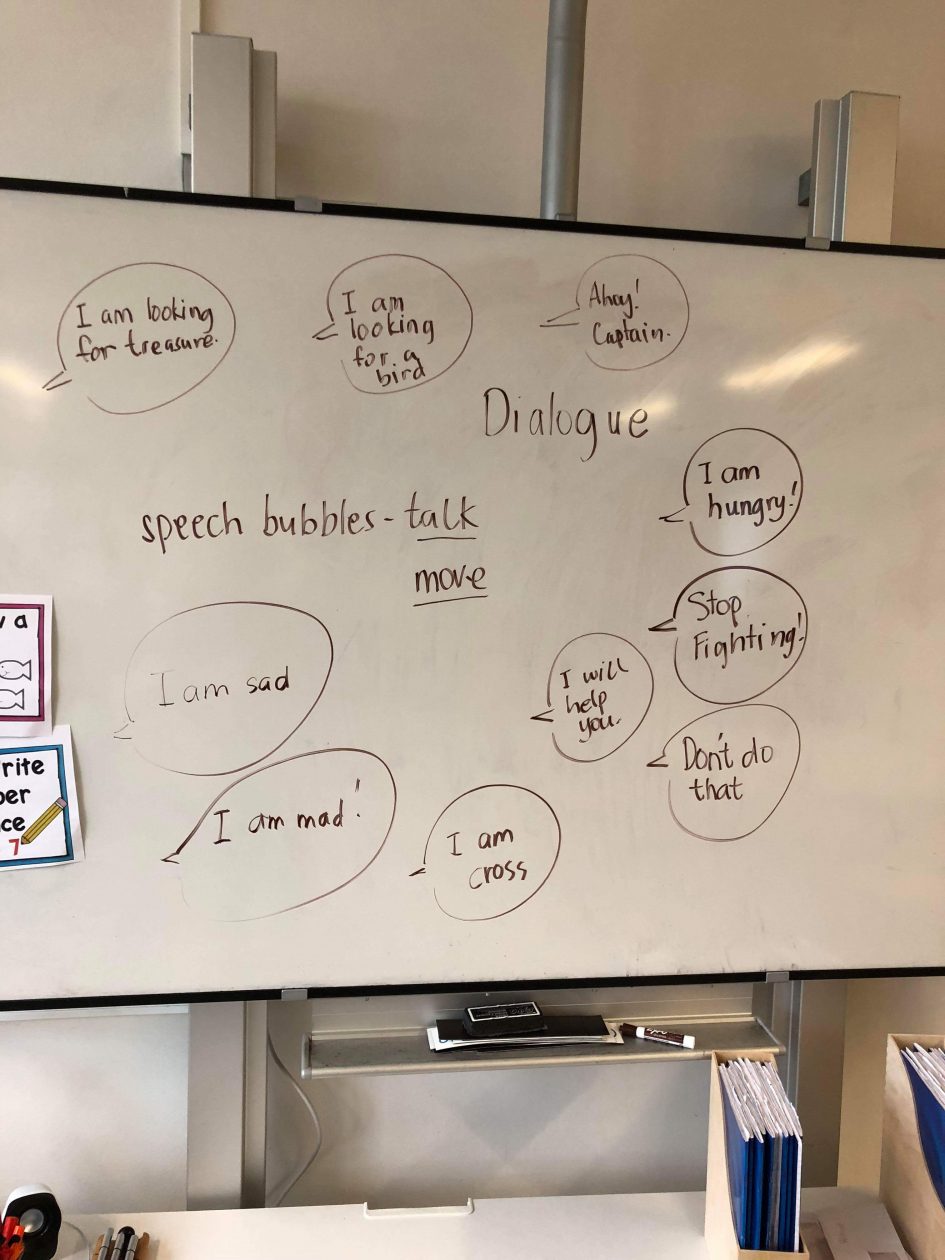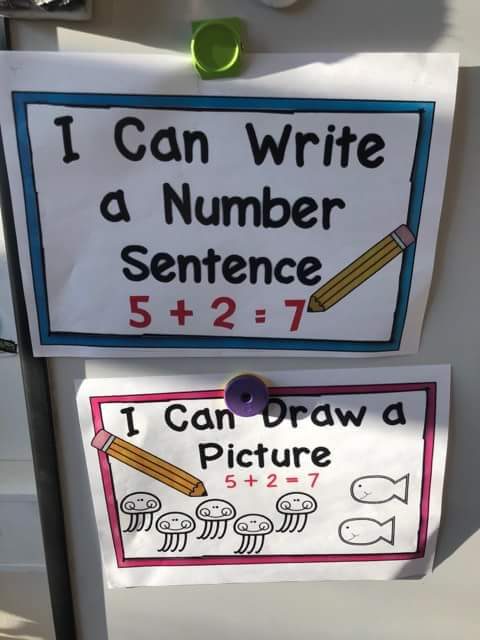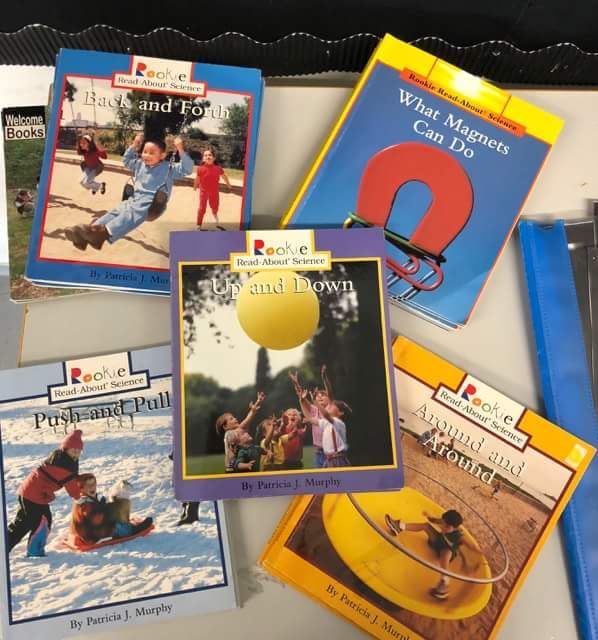Third week in and it is that time again to sit down and critically reflect on what has transpired this week. Already I am feeling really at home working at ISS.
I started my work with the grade 1 classes on Monday (26th of March 2018), as I have already worked with the grade 4s, 3s, and 2s, so I continued working my way down the grades right up until the beginning of the Easter holiday break (which is approaching very quickly!). Then, I will work with the Early Years team at ISS for the first week back and then I will work more in-depth for the rest of my placement with Grade 5s as they prepare for their Exhibitions (which I will no doubt blog more about nearer the time).
What is most insightful from working between grades is that I get to not only see the overall progression within an educational institution, but I also get to become a recognisable face to many more people around the school! This is one area that I’ve found has expanded a great deal as the weeks have progressed: my confidence to work with people at ISS, as I am becoming well acquainted with more staff members and children with every passing moment. This will stead me well in other educational settings (particularly the placements in MA3 and MA4) because I realise that as a teacher, you need to be both approachable and open for everyone that comes into contact with you, this shouldn’t be exclusive for just the kids in your practice. You should also go out of your way to welcome others in the school community; something that the staff members at ISS have done with me, which has greatly aided my confidence.
Now, although the school week was a little shorter this week for the Easter break, so much was packed into my time with the grade 1s.
From the get-go, I was working hands-on with practical work with the young children that are in their first year of primary school at ISS (I have found it was a lot more practical-based in comparison to the other grades). I first had to act out different scenario poses to help the students come up with “dialogue” for me as a character. This would feed into their work towards their writing activities that centred on introducing speech marks into text. Albeit giggly and giddy, this approach got the children really focused on really thinking about what their characters would be saying in their own stories and it also served as a great icebreaker for the kids to get introduced to me as one of their teachers for the week.

The dialogue options that the children came up for me as a character
Straight away I could see clear areas of progression that are crucial in getting children engaged with any form of writing. The classroom environment was surrounded by language in the format of posters, books and signs. The children also illustrated the stories that they were writing in order to fully experience their writing in a multi-sensory manner. These skills and knowledge in language through multi-platforms of media will serve them very well once they progress through their time in education. I can vouch for that from seeing that skills in writing only expand as we work up the grades (however, this can only happen effectively when children are within an enriched environment like the one established in the grade 1 classrooms).

Two of the examples of the different processes that can be used by the children when working with numbers – drawing pictures and writing number sentences are key skills needed in having fundamental knowledge within the skills of mathematics
Mathematics followed a similar theme as the grade 1s were working with numbers and number sense. Just like in grade 4 and 3, the students were tasked with looking at their mathematics problems in a deeper way than just as problems that simply need correct solutions. Instead, the practitioners made it clear to the children that they had to emphasise the methods they could use in solving problems. Number lines, tally marks, pictures and number sentences were some of the examples on the board that the children had to show in their working out for problems, which further emphasised my understanding that was established in both the Discovering Mathematics module and the STEM module which showed us that students need to be able to get a real fundamental understanding of the core areas of mathematics and be made aware of the interconnections between concepts (Ma, 2010) (which the International Baccalaureate heralds as a key area that teachers need to do across all areas of learning).
I also, on Monday, got to witness the children’s specialist music lesson, which was also very helpful to see areas of progression, as the older students are very capable in playing instruments. This is evidently because the grade 1s are, like in all the other inquiry-led learning situations, set off to investigate into their knowledge in music to expand on it and to form it into something new. A particular group I saw that really engaged with the inquiry-based approach within music were trying to play the full song of “twinkle twinkle little star” together with boomwhackers that were different sizes to correlate with the different pitches of noise they made when played. The children had already explored the notes that they could use in playing instruments prior with the teacher, however, they had to figure out the correct sequence to produce the song together. Through lots of practising and determination, they were able to achieve the full song together and I got to see the importance that it brings to the children to figure something out for themselves. The music teacher could have easily stepped in to show them how to play it correctly, however, the process into achieving the song was the core essence of the learning experience as a whole. They were working with interdisciplinary skills of sequencing (a skill evident in mathematics and science), knowledge of music notation, and their listening skills, to name a few, in order to problem solve their way to success! It really showed me that too much involvement from a practitioner could really spoil the overall learning experience for the children in certain circumstances. Time should be allowed for the children to come to their own conclusions in learning – something I think we can take for granted sometimes as practitioners.
Tuesday was a very busy day for me as there were a few staff members off due to sickness. I started my morning with interviewing the children in grade 1 individually or in pairs depending on their projects that they were working towards for the Erasmus visitors. Just like the grade 3s had their school of fish on their doors and the grade 2s had their movement in play artwork on theirs, the grade 1s were tasked with creating their dream playground that used many different forces with 3D shapes. Forces in the world is the main area of inquiry for the grade 1s and it, much like all the other aspects of learning in grade 1, is evident across the whole learning environment.

Examples of some of the books evident in the grade 1 class – emphasising the importance of research through different medias, particularly for their UOI topic in forces.
I had to make sure that the children could justify their creations, which interlinked with the core area of post-reflection that is a critical stage in the learning process for the International Baccalaureate – “Reflection can happen at any time in the lesson, and it is vital that it is given time, whether through the teacher, individuals or groups, written or verbal” (Bunting, 2015). Forces such as pushing, pulling, going forward and backwards, moving up and down and stretching and bouncing were evident across most of the designs that were so outlandish in the imaginations. It was great to see such a creative outlet being used for exploring a really scientific topic.
Science, however, was not missed out from the learning. To end the day on Monday, I read a book that was about the different types of forces and the concept of friction to the children. An interesting idea that I found in the book was the concept that friction can slow objects down – particularly if you roll a ball down a ramp that has a carpet on it. So, the teacher came to me and gave me the task of establishing a science experiment that could test out this discovery. During the UOI time this week, the teachers all set up their own station that the children would go around to see different: magnets, Lego, creating dances with force movements and so on. My station was centred around what we learned in the book on Monday: what happens when you roll a ball down a ramp with and without a carpet? I also added different factors like changing the type of ball used, increasing the slope of the ramp etc. The children were really engaged in this station, however, for some their youthfulness meant that they got a little carried away with building their ramps. This was beneficial for me, however, to see the difference in approaches needed with younger children. Upon reflection, I can see that I maybe should have had more tasks to keep the children focused on what it was I asked them to do – maybe included different types of carpets or limited the amount of blocks they were allowed to use when building their ramps or given them examples of what they could make. An area that I thought I tackled well was the big factor that many of the grade 1 children were on a vast spectrum of English communication. The sheet that they had to complete about what they had learned at my station could be completed either by writing or by illustrating the equipment that they used. Some even had a mixture of labelled diagrams, However, the overall learning was still there and the same children that could not write out their learning could easily explain the forces behind the experiments that we had conducted, which emphasised to me that the language barrier should not be the main hindrance for children to progress in their learning. Overall, it was great to lead groups of younger children through learning, as it has better prepared me for my Early Years placement and already started areas within me that I know I need to delve into deeper to understand the importance of early years teaching as a whole.

It was great to be back with the grade 2s to see how they were progressing with their models and overall understanding of castles! It was particularly interesting to see the kids painting the brickwork onto their castles.
Tuesday afternoon was a prime example of the changes that can happen within a school on a daily basis. One of the grade 2 teachers explained at lunchtime that day that her support assistant was sick and she could not complete an as in-depth lesson as she hoped. It luckily worked in time when the grade 1s had a specialist lesson so I thought it was best for me to return to grade 2 to assist in the lesson. The children were excited to see me again as they had enjoyed my lesson about Scottish castles the week before. I remained with the main class to assist and guide them through their writing activity that was around a castle book that they had read as the teacher took groups out to start the painting of their model castles. It was a great feeling to be in charge of a class again and the techniques of management that I had learned last year served me well for maintaining order in a lively afternoon class (especially when they so desperately wanted to go out and paint their castles). The lesson was a success and the children were then all brought out to paint the rest of their castles.
Thursday saw the day ending early for teachers to embark on another professional development day. I got to continue my science experiment station for the kids that did not get around to trying it out the other day and I also got to witness the children’s specialist art time. The day ended with a circle time talk about the children’s plans for their Easter break and it was extraordinary to hear the all the different places that the children would be visiting in the world!
Overall, this week has been a shorter week in the school however it has been packed with so many learning points. I have made great progress in my professional development and have been using the information I have gained from my investigations into the International Baccalaureate system when working with the different grade levels. I have also worked more heavily in teaching points this week and hope to continue this when I come back after the Easter break, particularly when I work more intensively with the grade 5s. However, now I hope to truly experience the Easter celebrations of my host family and come back refreshed and ready for more learning!
Reference:
Buting, N. (2015) Approaches to Reflection [Online] Available at: http://blogs.ibo.org/blog/2015/10/31/approaches-to-reflection/ (Accessed: 30 March 2018)
Ma, L. (2010) Knowing and Teaching elementary mathematics: teachers’ understanding of fundamental mathematics in China and the United States Anniversary Edition. New York: Routledge.

Loving the castle, amazing!
MHWEB
Great to see you experiencing so much in Stuttgart and really reflecting on your experiences. I am intrigued about your host family. Did you find them yourself and are you speaking any German?
At first, I will admit to resorting to English as it was easier, however, I knew that I had to use this time wisely because it is a rare opportunity to be exposed to the language of German in its natural environment for a long period of time. I am using German as much as possible now. The host family is very considerate and we always assist one another in providing words that we do not know (whether in English or in German), which is both aiding me and the family in their understanding of both languages and also in the differences in cultures (they have been shocked to hear about the weather in Scotland). I can already feel that my understanding of the language has improved in terms of speaking and listening; something that I really wanted to achieve from this Learning from Life placement! Also, the Lower School Principal at ISS helped in sourcing my host family for my placement. I had to write a biography in German, which he sent out to his contacts and the family came forward to take me in for the two months.